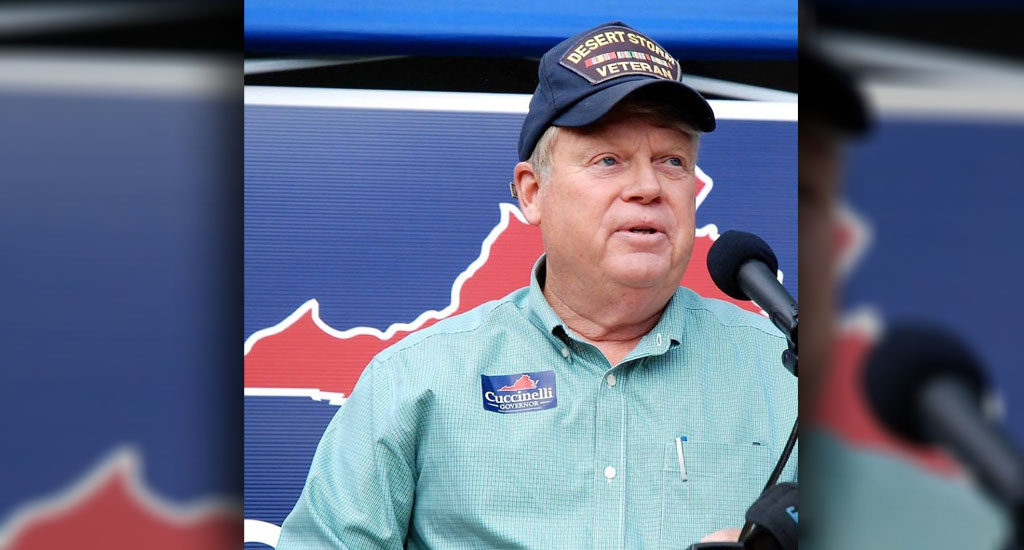“Sir, my family and friends followed this thing back in the world” (soldier speak for the “US” in those days). “Why should they believe me now? How am I going to get my name back?”
I’ve been thinking…
This entire travesty involving Judge Brett Kavanagh and the horrible accusations hurled against him by Democrats who want to block his confirmation to the Supreme Court, has aroused in me an emotion I have not felt since 1975 when I commanded an artillery battery in Germany.
One morning I received a call from my First Sergeant to inform me that five of my soldiers—all black—where charged with rape of a white German girl in a nearby city the previous night. Shortly thereafter, in my role as commander and administrator of the Uniform Code of Military Justice (UCMJ), I brought them in, read them their rights individually, and listened to them carefully for their version of events. All denied the charges vehemently. But what struck me was the denial of one of the five who frankly was a troublesome and recalcitrant soldier. He did not display his usually quiet distain for authority that he had in the past. He broke down like a child and wept bitterly as he denied the events of the previous night. I was struck by this. He appeared very sincere. Something seemed horribly wrong. While I went on to prefer charges against all of them, I was nonetheless suspicious despite having been firmed rebuked for my doubt by the Provost Marshall in charge of the investigation, a Major who was also a black man.
My doubts persisted as I learned more about the incident during the investigation. In time I was told I would have to give a direct order to all of them to submit body hair as part of the investigation. I was deeply troubled by this and felt it was undue command influence by my superiors. I expressed my unhappiness over this and afterwards was pretty sure my career was over, particularly when a general officer overseeing this politically explosive case scowled at my displeasure.
Within a week, I received a call from my battalion commander—who was very tolerate of my skepticism—to come to the headquarters immediately to meet with the Provost Marshall. When I arrived, I was told that five men had confessed to the rape. None of them were from my unit. At once, I was both relieved and angry.
Later, my brigade-level commander, a full Colonel, called me personally and asked “Scott, how are you and your unit holding up?’ He knew the strain this had placed on me and all the men of my battery. I said, “They will be fine and soldier on”. It’s all I could think to say, suppressing my desire to unload on him too. He then responded, “Is there anything I can do?” I said, “Yes sir, come to my battery and tell them that a great mistake was committed by the Army in all of this.” To my surprise he agreed readily and the next day addressed my entire battery in the post theater to share his deep regret over the whole incident.
When he was done, he asked for any comments or questions from my soldiers. But no one had anything to say, until one of the accused five, the soldier who had wept bitterly in my office, asked him this. “Sir, my family and friends followed this thing back in the world” (soldier speak for the “US” in those days). “Why should they believe me now? How am I going to get my name back?” I was stunned by the question, and the Colonel, as I recall, sincerely said that this had been a real injustice and that all anyone can do at this point was to move forward. It may not have been the best answer, but it seemed the only logical one at the time.
In the weeks ahead, the unit returned to normal, whatever “normal” could be in the wake of such a unit trauma. But I, like the wrongly accused black soldiers on my unit, was changed forever. My instincts were right, but there had been precious little I could do to stop this injustice until they were vindicated in this case of horrible misidentification. But one thing was for sure. In every case that came before me then and later when I commanded battalion units, I greeted them with skepticism, the skepticism that lady justice expects at the beginning of the legal process and until hard evidence is put before you.
As I look at the Kavanaugh case, I am having a hauntingly similar reaction to the charges that have been leveled at him by Democrats. More insidious yet is the complete lack of evidence and jurisprudence in the accusations. But to the point, when he says that the charges are false, the same doubt that I had over the charges leveled at my solders comes rushing forward in my mind.
I hope Senate Republicans—and fair-minded Democrats too—will see through what is being done to him by a miasmic political system that is as toxic as I have ever seen it. And when all of this is done, Brett Kavanaugh too may be asking “How am I going to get my name back?”
I wonder who will be standing at the front of the post theater to tell him.
The whole damn thing is disgusting…
Scott Lingamfelter is a former member of the House of Delegates and a retired colonel in the U.S. Army.
